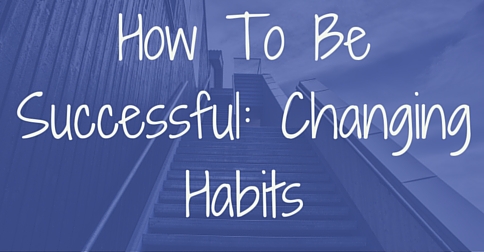
“Success is the natural consequence of consistently applying basic fundamentals.” – Jim Rohn, Entrepreneur.
Founder and CEO of marketing firm AudienceBloom, Jayson Demers, says that our habits – both personal and professional – are what define us. Good habits can lead to progress and success, while bad ones could be a step towards failure.
But this all sounds fairly obvious, right? We’ve all read the ‘ten habits of successful people’ articles that instruct you to do anything from rising at 5:30am for a long morning run to holding lunchtime meditation sessions in the office. Is it not this devotion to virtuous behaviour – early bed times or a tidy desk – that form the foundation of career success?

Bill Gates suggests not. Consistency – defined as “adherence to the same principles in a steadfast way” – holds the most important place in every sphere of life, he says. Take a moment to reflect on your personal life and consider the central role played by consistency. From weekly sport practice to regular date nights, we need this characteristic in our relationships for them to succeed.
Now think about the impacts of inconsistency in your personal relationships. You know the friend who always says they’ll hang out with you but often cancels at the last moment? Probably not one of your strongest relationships, right? Decades of psychoanalytical research supports this idea, demonstrating that absence of regularity can seriously damage and even destroy personal connections.
The same is true for your professional life. From small businesses to large corporations, success stems from consistency. You are unlikely to get a glowing reference from your employer if they can’t rely on you to arrive on time every day. Businesses that rarely deliver on their promises will most likely find themselves losing clients. If you don’t train consistently for a race, you are less likely to perform well on the day. In short, consistency feeds success.
Often, keeping up with the demands of running a business or working for a company can leave you rushing or trying to cut corners. However, being more consistent need not take up more of your time. Even making small changes such as replying to your emails at the same time each day can have a positive effect on your client and colleague relationships.
Likewise, if you’re struggling to prepare for three networking sessions per week – sometimes missing events, or arriving late and without business cards – it would be better to cut back. Sign up for just one meet, but make sure you attend, always be punctual, and prepare thoroughly. Such habits won’t go unnoticed, and will only have a positive impact on the perceptions of both you and the business you represent.

By Georgina Hawkins, Community Manager.